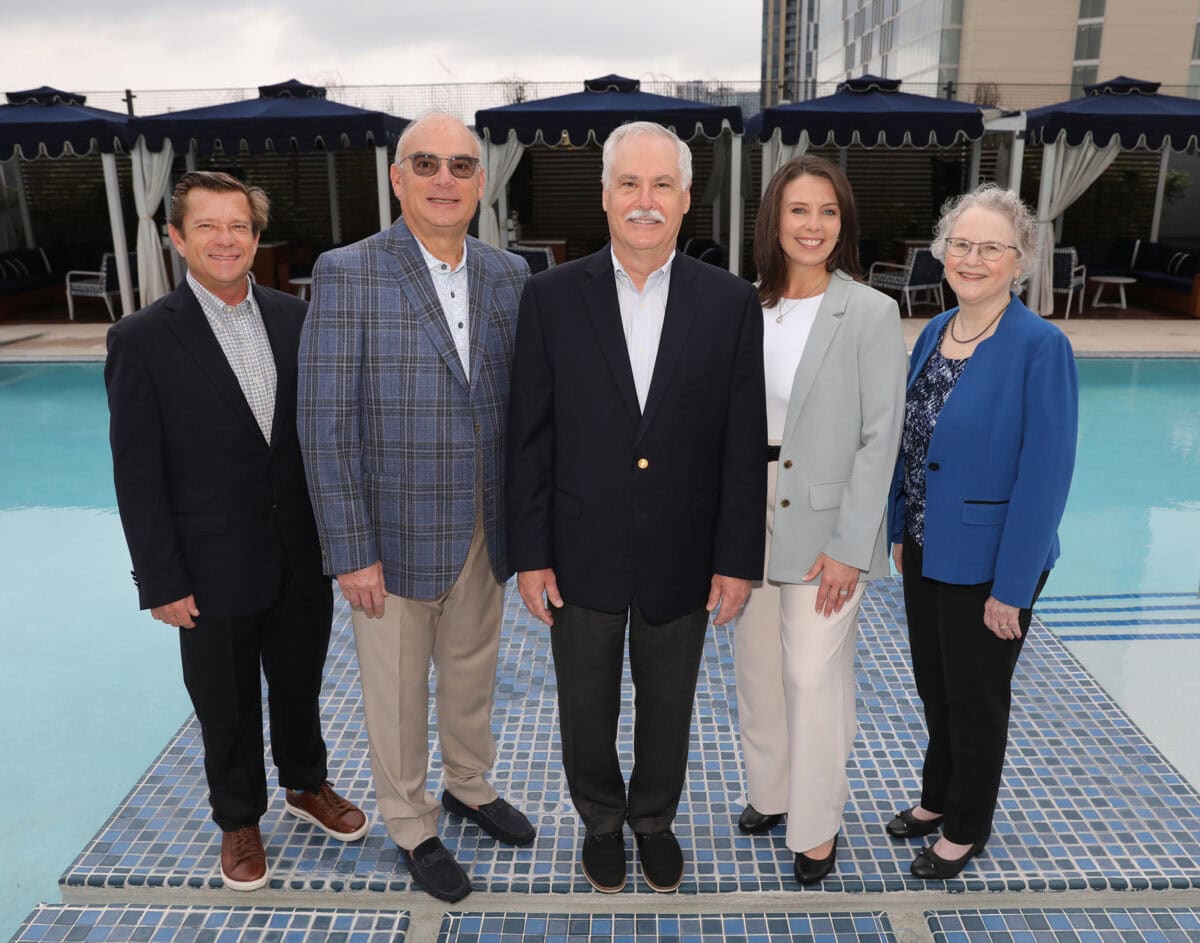One issue plaguing the construction industry has been labor shortage. This has been a hot topic the last few years and is likely to continue in 2019 as companies continue to earn higher and higher revenues and maintain healthy and growing backlogs. One difficulty has been finding and retaining the labor necessary, and part of the issue is voluntary turnover of key employees.
The loss of a key employee can cost a company direct dollars such as recruitment fees, training expense, onboarding cost, and lost productivity. There are also indirect costs such as lost knowledge and company morale, which can have a direct effect on a business’s bottom line. Turnover can be contagious, and the loss of a key employee can cause other employees on the fence to make the jump to a competitor.
Based on research and an article written by Amy Adkins of Gallup, millennials are the most likely generation to switch jobs, with approximately 60% open to new job opportunities. The ADP Research Institute reported in 2018 that the construction industry is averaging a monthly turnover rate of 6.2% of employees. Common factors contributing to voluntary turnover are pay, promotion, overtime, commuting, experience, and other job-related issues.
 So the question is, how does a company limit its voluntary turnover? Common strategies are offering flexible scheduling, promotion, employee recognition and, most commonly, compensation. The structure of compensation, which is typically made up of salary and an annual bonus, can be used to help curb the voluntary turnover of key employees. Most construction companies offer their key employees a bonus, which could be project based, a percentage of the bottom line, or some other calculation based on revenues or EBITDA. The crucial piece of the puzzle is the timing of the bonus.
So the question is, how does a company limit its voluntary turnover? Common strategies are offering flexible scheduling, promotion, employee recognition and, most commonly, compensation. The structure of compensation, which is typically made up of salary and an annual bonus, can be used to help curb the voluntary turnover of key employees. Most construction companies offer their key employees a bonus, which could be project based, a percentage of the bottom line, or some other calculation based on revenues or EBITDA. The crucial piece of the puzzle is the timing of the bonus.
Most companies make the mistake of paying 100% of the bonus awarded to key employees in the year it is earned or shortly thereafter. The structure that should be employed is deferring a large portion (typically 50%) of the bonus to be paid out in a future period. For example, a key project manager gets a $100,000 bonus awarded in 2018. That employee will get $50,000 (50% x $100,000) paid out in 2018, and the remaining $50,000 paid out at the end of 2021. This process rolls forward every year, and once the employee has been in the program for three years, he or she always has a three-year rolling deferral on their cash bonus.
There are a few distinct advantages for the company that are achieved by deferring a portion of the bonus into a future period:
|
There are a few considerations to be aware of before implementing a plan like this. First, if the company has been paying 100% of employee bonus in the year it is earned, or shortly thereafter, implementing a deferral plan where a portion of the cash is deferred could get a negative response from the employee group. There are also alternative strategies to consider, which are non-cash, such as Stock Appreciation Rights (SAR), which is defined by Investopedia as “a bonus given to employees that is equal to the appreciation of company stock over an established time period.”
Any company considering implementing a new bonus program should consult with a certified public accountant to ensure they comply with any relevant Internal Revenue Service Codification and an attorney to ensure the plan is structured properly to protect the company.
 This article is authored by William Dorsa of the CPA firm Grassi & Co. Dorsa is an Audit Manager who has over six years of accounting experience. He works with clients primarily within the construction, architecture, and engineering industries. By auditing and preparing financial statements, reviews, and compilations, he helps clients meet their financial goals and objectives. Dorsa is an active member of the American Institute of Certified Public Accountants. Prior to joining Grassi & Co., he worked for a global financial services firm as a financial advisor assisting clients with cash flow management, retirement planning, asset management, and insurance. He can be reached at wdorsa@grassicpas.com or 516.336.2411.
This article is authored by William Dorsa of the CPA firm Grassi & Co. Dorsa is an Audit Manager who has over six years of accounting experience. He works with clients primarily within the construction, architecture, and engineering industries. By auditing and preparing financial statements, reviews, and compilations, he helps clients meet their financial goals and objectives. Dorsa is an active member of the American Institute of Certified Public Accountants. Prior to joining Grassi & Co., he worked for a global financial services firm as a financial advisor assisting clients with cash flow management, retirement planning, asset management, and insurance. He can be reached at wdorsa@grassicpas.com or 516.336.2411.
Get Important Surety Industry News & Info
Keep up with the latest industry news and NASBP programs, events, and activities by subscribing to NASBP Smartbrief.




